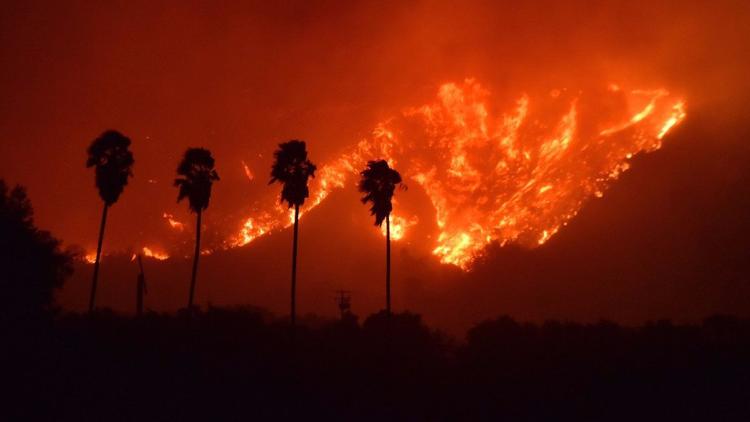Gas Knocks Oil Off Top Spot at London Conference
It is normally oil that brings in the
hordes of energy enthusiasts to the International Petroleum Week conference.
But, it seems like gas has stolen the show with gas leaders sitting pretty
instead of oil executives.
Traditionally, gas has not had much of
a look in at big industrial events such as the International Petroleum Week
conference. It just doesn’t have the same global power as oil and has often
been seen as a second-string market with far less international intrigue.
It is well-known that the oil market is
bigger that every other commodity market added together – and no-one knows that
better than the oil industry itself. It has always presented itself with an
unmistakable air of superiority – no doubt due to its enormous political and
economic power. However, this reign of supremacy looks like it might be coming
to an end.
As governments move towards green
energy, gas and renewables are going to clash with oil in the fight to be the
top dog of the energy world. International Petroleum Week has typically been an
event for oil traders, executives and government officials to mingle and
discuss ideas at a variety of events and parties in the luxurious Mayfair zone.
This year, however, one of the three days of the event has been entirely
devoted to gas and clean fuel in an unprecedented move.
On this day, experts from the cleanfuel and gas sectors will have the chance to speak to what is usually an
oil-centric audience. This marks a clear shift in the energy landscape – and
one that will hopefully aid the drive towards a greener future. The change in
schedule comes as a response to feedback from the oil industry regarding its
fears for its long-term future.
Finally, gas is being embraced by the
petroleum industry and major oil players, such as BP and Royal Dutch Shell, are
devoting more resources to gas production and renewables. Indeed, the energy
sector is now taking a serious look at whether oil demand might peak in the
next few decades. This would mean that oil companies take a long hard look at
how they can revamp their business models to survive this energy transition.
Indeed, it seems the oil companies are
finally willing to talk openly about a future that does not include oil. This
has forced executives to open their minds to the possibility of investing money
in gas and alternative energy sources.
It is unclear whether gas is going to
be a transitional fuel from oil to renewables or whether it is an energy source
that is here to stay. Energy experts are unsure if renewables and clean energy
will be able to meet the world’s rising energy demands. However, the IEA
(International Energy Agency) believes that governments adopting more
aggressive policies on climate change could trigger a hike in gas and
renewables’ energy share.
In 2016 gas and renewables counted for
36% of the energy supply. The IEA forecasts that this could go up to 54% by
2040.
A spokesperson for International
Petroleum Week has said that the event is not designed to champion gas but
wants to give the industry the opportunity to address other fuels. They are the
elephant in the room at the moment and energy industry
can no longer bury its head in the sand and ignore these pressing issues. We
are facing a major energy transition and we need everyone to be on board if we
are to succeed in meeting our ambitious goals.




Comments
Post a Comment